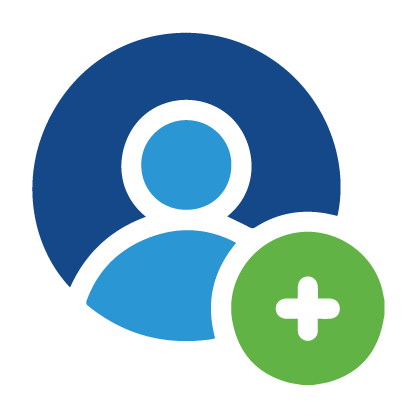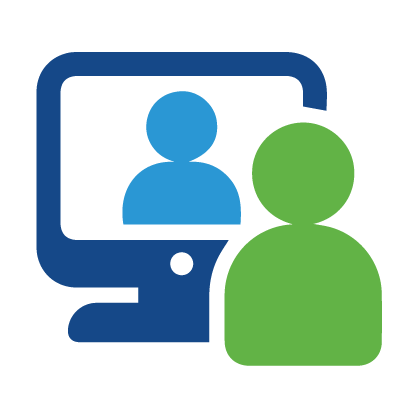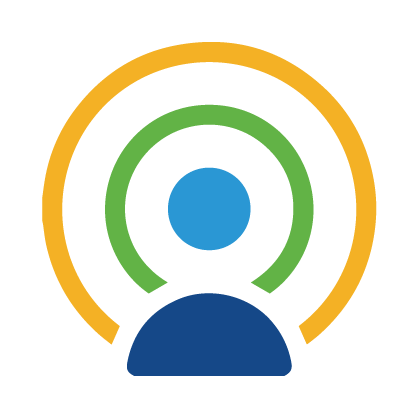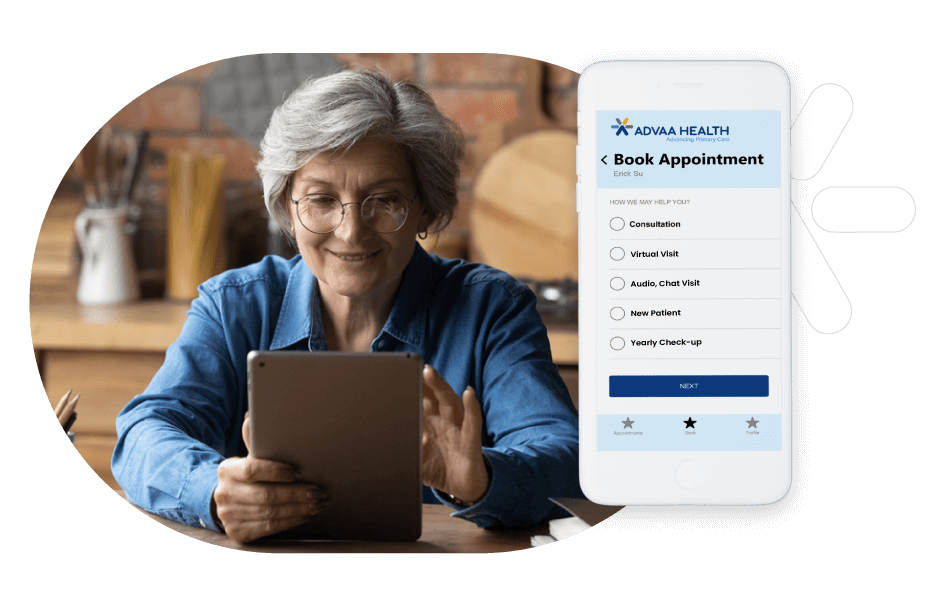Automation, virtual reality, and artificial intelligence are revolutionizing how physicians connect with patients. Today, digital marketing for healthcare professionals is not just about visibility; it’s about improving the patient experience through personalization, convenience, and education.
Clinics, hospitals, and private practices can now use digital healthcare advertising to reach patients where they are—online. Whether it’s virtual appointments, educational content, or AI-driven chatbots, digital tools empower medical teams to serve more effectively. The rise of digital marketing in the healthcare industry has made services more accessible and efficient.
Impact of Digital Marketing for Healthcare Providers
1. Increase Accessibility
Digital marketing for health care allows hospitals, clinics, and primary care physicians to offer 24/7 support and education. From SEO-optimized blogs about disease prevention to automated appointment scheduling, healthcare professionals can now eliminate barriers like limited mobility and geographic isolation.
Patients can engage with their providers through telemedicine, digital appointment systems, and even WhatsApp-based reminders. This is particularly impactful for primary care providers using digital marketing to remain connected with patients in underserved areas.
2. Targeted Digital Marketing for Primary Care Doctors
With tools like Google Ads, Facebook targeting, and local SEO, digital marketing for family doctors and private healthcare clinics has never been more precise. Providers can now reach specific demographics based on geography, condition, or health interest.
For example, a clinic offering diabetic care can run digital health advertising tailored to a city or zip code where the prevalence is high. This kind of growth marketing for healthcare minimizes budget waste and maximizes ROI.
3. Boost Visibility
A strong online presence is critical in the digital age. Tactics like content marketing, SEO, and social media marketing help build credibility and trust with prospective patients.
Platforms like Instagram and LinkedIn are no longer optional—they’re central to the digital marketing for health care providers’ strategy. Medical experts can now position themselves as thought leaders, share success stories, and engage with their community on a deeper level.
4. Make Data-Driven Decisions
Modern tools provide access to valuable insights: who is engaging, what they’re searching for, and how they convert. Healthcare companies see the advantages of data in digital marketing as essential to scaling responsibly.
By analyzing behavior, click-throughs, and engagement, providers can tailor future campaigns, optimize web content, and even adjust services based on patient demand.
5. Lower Cost-per-Acquisition
Compared to traditional media like newspapers or TV, digital advertising in healthcare is more measurable and affordable. Clinics using SEO and PPC often report lower CPAs and higher conversion rates.
Even small-budget campaigns targeting “digital marketing for primary care physicians” or “urgent care near me” can outperform large traditional campaigns when done right.
6. Empower Patients with Healthcare Digital Marketing Education
From YouTube videos explaining medication side effects to Instagram reels showing healthy lifestyle tips, digital marketing for the healthcare sector fuels patient education.
It enables primary care providers to promote preventive care, raise awareness about chronic conditions, and improve treatment compliance. Tools like newsletters and eBooks allow providers to distribute reliable, customized information directly to inboxes.
7. Collaborations and Partnerships
Digital platforms enable cross-sector collaboration with NGOs, pharma companies, insurers, and tech providers. Joint campaigns can combine funding, data, and creativity to address public health concerns or promote shared initiatives.
Healthcare networks can align around unified messaging, for example, promoting flu vaccines or mental health awareness through unified online marketing for healthcare professionals.
Top Digital Marketing Strategies in the Healthcare Sector
1. Search Engine Optimization (SEO)
A strong SEO strategy can bring long-term visibility. Targeting search queries like “family doctor near me” or “diabetes management clinic” brings in high-intent traffic.
2. Pay-Per-Click (PPC) Advertising
PPC lets providers appear at the top of Google for urgent care, telehealth, and niche specialties. Each ad can be tailored to keywords like “digital health digital marketing” or “walk-in clinic SEO.”
3. Social Media Marketing
Platforms like Facebook, LinkedIn, and TikTok allow clinics to create emotional, engaging content. Digital marketing health campaigns using short-form videos or testimonials can drive both awareness and conversions.
4. Email Marketing
Email nurtures long-term relationships. It’s a tool for appointment reminders, new service announcements, or distributing medical research.
5. Content Marketing
By publishing blogs, videos, eBooks, and white papers, providers become authoritative voices in digital care. This supports both SEO and brand equity.
Conclusion: Why Patient Marketing is Important in Healthcare
Patient marketing has evolved from optional to essential in the modern healthcare landscape. Whether you’re a solo practitioner, a private clinic, or a software vendor serving providers, adopting digital marketing strategies in healthcare is crucial for practice growth, engagement, and sustainability.
By understanding patient behavior, optimizing content, and embracing the right digital tools, healthcare professionals can truly lead the way in 21st-century care.











